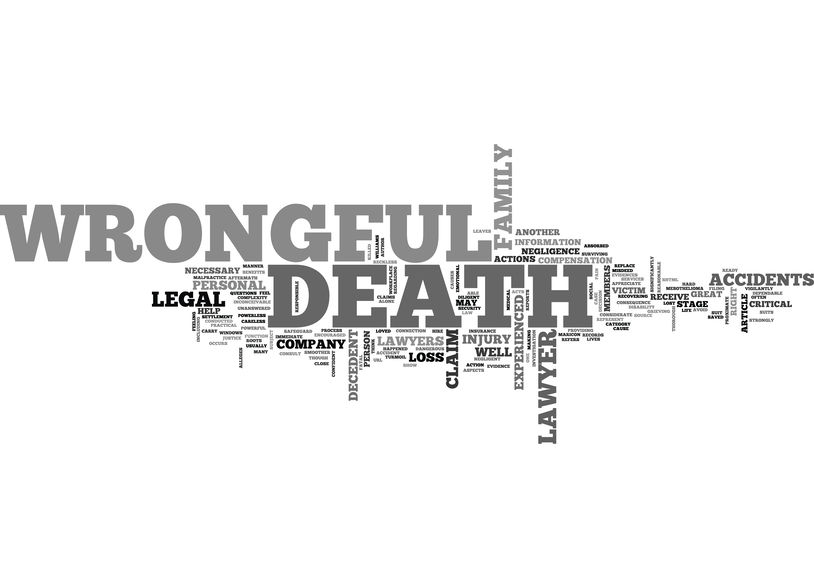

How are Wrongful Death Settlements Paid Out? Are Wrongful Death Settlements Taxable?
Wrongful death lawsuits are brought against a defendant accused of legal fault for the death of a loved one. The defendant may be a negligent driver, doctor, employer, caregiver or manufacturer or any other person or entity whose negligence caused the death of your loved one. A representative of the estate brings the claim on behalf of immediate family members or other parties depending on the laws of the state. The purpose of a wrongful death claim is to recover damages through a wrongful death settlement.
A wrongful death lawyer is absolutely essential to recovering damages in a wrongful death claim. Every state has different laws around wrongful death including the statute of limitations to file a claim. Filing a wrongful death claim is a complicated matter and should be left to a legal professional.
What is a wrongful death settlement?
A wrongful death settlement is financial compensation for the survivors’ loss. This includes a range of damages from medical and funeral expenses to loss of companionship, love, guidance and services, lost future wages and inheritance, pain and suffering and the value of goods and services that the decedent would have provided.
How are wrongful death settlements paid out?
In most cases, wrongful death settlements are paid out by insurance providers who carry liability coverage for the defendant. Because insurance policies usually have a policy limit amount that limits payouts, part of a very large settlement can end up falling on the negligent party. If the accused has no insurance coverage, then they will be personally responsible for any judgment or settlement amount and possibly the legal fees accumulated in the legal process.
Are wrongful death settlements taxable?
In most cases, wrongful death settlements are compensatory which means that the money is meant to provide compensation for economic and non-economic damages such as medical bills and pain and suffering. Compensatory payments may or may not be taxable depending on the reasons for awarding the money. Compensatory payments for physical injuries are typically non-taxable but the IRS may tax compensatory damages awarded for emotional distress that cause physical symptoms such as headaches.
In some cases – and depending on state law – a plaintiff may also recover punitive damages that are meant to punish the person or entity for their egregious behavior. According to the IRS, punitive damages are taxable and should be reported as “other income” in form 1040.
Because of this, it is very important for those receiving settlements to understand whether their settlement is compensatory and/or punitive and which parts of the compensatory settlement may be taxable. Seek the guidance of a wrongful death attorney and a tax accountant to review the tax implications of a settlement proposal before accepting.
Seek the help of a wrongful death lawyer
If you lost a loved one due to the reckless/negligent behavior of another, you have enough to deal with. Let an experienced wrongful death attorney fight for justice on your behalf. It is not uncommon to receive a settlement from the insurance company that is five to ten times larger with the help of a wrongful death lawyer. Call the most experienced practicing wrongful death attorneys Bellingham has at Tario & Associates, P.S. today for a FREE consultation! We have been representing grieving family members in Whatcom County, Skagit County, Island County and Snohomish County since 1979. You will pay nothing up front and no attorney fees at all unless we recover damages for you!




